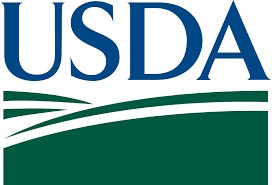Resource Details
Education & Schools, Health & Mental Health, Workforce
Special Supplemental Nutrition Program for Women, Infants, and Children (National Workforce Strategy Development)
The National WIC Workforce Strategy aims to strengthen the diversity and cultural competency of the WIC workforce, with the goals of increasing WIC participation through reaching those populations that are eligible, but not enrolled and increasing WIC participants’ likelihood of adoption nutrition education and breastfeeding support.
USDA National Institute of Food and Agriculture (NIFA) and Food and Nutrition Service (FNS) will work collaboratively to develop a national workforce strategy for the Special Supplemental Nutrition Program for Women, Infants, and Children (WIC), to help shape the integration of diversity, equity, inclusion, and accessibility principles across the broader nutrition services workforce.
Eligibility
Applicants must be:
State Agricultural Experiment Station;
colleges and universities (including junior colleges offering associate degrees or higher, Historically Black Colleges and Universities (HBCUs) and Tribal Colleges, 1994 Land-Grant Institutions, Hispanic-serving agricultural colleges and universities (see NIFA's Hispanic Serving Agricultural Colleges and Universities page);
university research foundations;
other research institutions and organizations;
non-profit organizations
Federal agencies;
Governmental agencies
national laboratories;
private organizations or corporations;
individuals who are U.S. citizens, nationals, or permanent residents; and
any group consisting of two or more entities identified above.
Eligible institutions do not include foreign or international organizations.
Related Resources
Wisconsin Cooperative Development Grant
Wisconsin Economic Development Corporation
Arts & Culture, Child Care, Energy, Forestry & Paper, Native Peoples, Transportation, Workforce
The Wisconsin Economic Development Corporation (WEDC) is offering grants to support the development of new and existing cooperatives in Wisconsin, with a goal of fostering the success of current and future cooperatives by supporting planning and exploratory research in advance of making a large investment.




